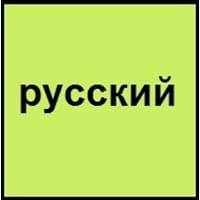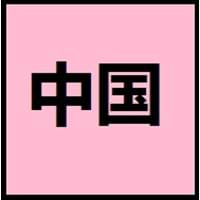Russian vs Chinese
- In Russian language, the words are not pronounced as they are written.
- In Russian language, there are only 200,000 words out of which only few words are used and due to this many words have more than one meaning.
- Chinese language is tonal, since meaning of a word changes according to its tone.
- In Chinese language, there is no grammatical distinction between singular or plural, no declination of verbs according to tense, mood and aspect.
Russian and Chinese Language History
Comparison of Russian vs Chinese language history gives us differences between origin of Russian and Chinese language. History of Russian language states that this language originated in 1000 AD whereas history of Chinese language states that this language originated in 1250 BC. Family of the language also forms a part of history of that language. More on language families of these languages can be found out on Russian and Chinese Language History.
Russian and Chinese Greetings
People around the world use different languages to interact with each other. Even if we cannot communicate fluently in any language, it will always be beneficial to know about some of the common greetings or phrases from that language. This is where Russian and Chinese greetings helps you to understand basic phrases in Russian and Chinese language. Russian word for "Hello" is здравствуйте(zdravstvuyte) or Chinese word for "Thank You" is 谢谢 (Xièxiè). Find more of such common Russian Greetings and Chinese Greetings. These greetings will help you to be more confident when conversing with natives that speak these languages.
Russian vs Chinese Difficulty
The Russian vs Chinese difficulty level basically depends on the number of Russian Alphabets and Chinese Alphabets. Also the number of vowels and consonants in the language plays an important role in deciding the difficulty level of that language. The important points to be considered when we compare Russian and Chinese are the origin, speaking countries, language family, different greetings, speaking population of these languages. Want to know in Russian and Chinese, which language is harder to learn? Time required to learn Russian is 44 weeks while to learn Chinese time required is 88 weeks.





